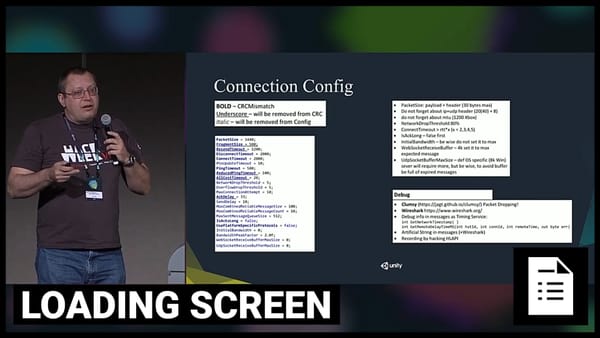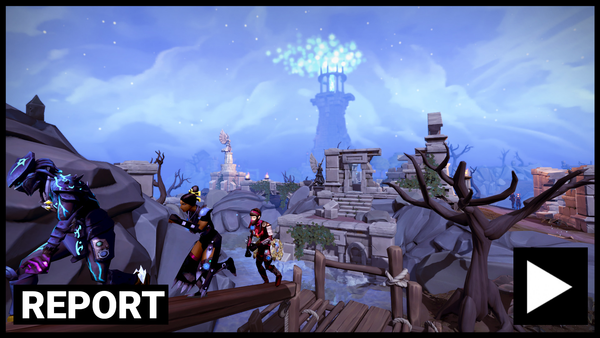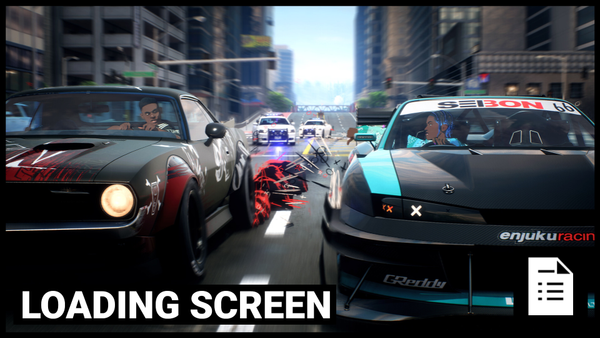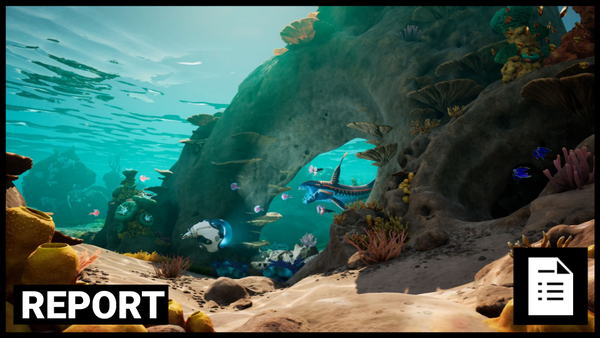No Man's Sky's Review Success, Apple Gives Up and Allows Emulators, Xbox's Backwards Compatible Future
No Man's Sky is counting success in single digits right now in terms of Steam User Reviews, Apple have capitulated to the regulators meaning emulators for all and Xbox are trying to future proof their library - and their audience.
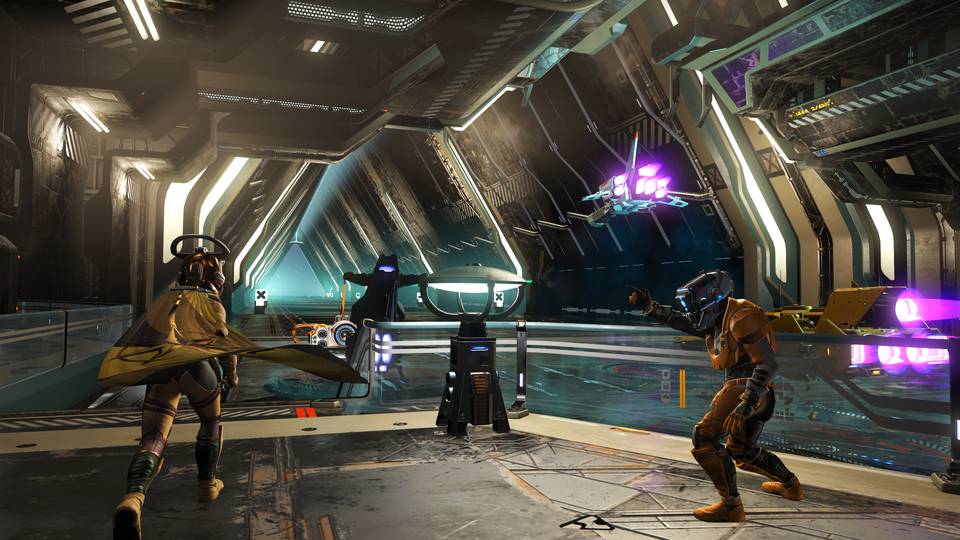
No Man's Sky is counting success in single digits right now in terms of Steam User Reviews, Apple have capitulated to the regulators meaning emulators for all and Xbox are trying to future proof their library - and their audience.
8th: Spirit City: LoFi Sessions
9th: Gigantic: Rampage Edition, Children of The Sun, Botany Manor, Inkbound
10th: Sky: Children of the Light (PC), Broken Roads, Yet Another Fantasy Title, Ereban: Shadow Legacy, Underspace
11th: Infection Free Zone
No Man's Sky's Struggle for Positivity
Everyone loves to see No Man's Sky succeed - a game that for years has been adding and implementing new mechanics that would comprise entire indie games elsewhere.
Personally I'm on record as enjoying the game as a space wandering simulator from day one, but for many, No Man's Sky is the greatest redemption story ever told in gaming.
But Developer Sean Murray isn't satisfied yet, and it's because of a quirk with Steam's user scores.
Obviously, at launch the game was brutally punished by the overall steam user scores. Now it's close to 80% and the "Very Positive" threshold.
Guys, we just ticked up to 78% Positive in "All Reviews" ♥️
— Sean Murray (@NoMansSky) April 2, 2024
2021 we hit Mostly Positive (70%), which took 5 years 😅
Mathematically each % point is much harder to gain than the last - I never thought it possible, but guys we might hit "Very Positive" (80%) one day 🙏
😭 pic.twitter.com/YLasvQO5zT
As he states, taking 5 years to hit "Mostly Positive" is the core of the issue.
Getting that score up is harder than it might initially seem, and it's not just about good updates.
Most users don't change their scores once listed.
Even today, there are 236,501 Positive reviews, and 58,683 Negative Reviews - meaning the inertia of those negative reviews holds the game back, because they're never going to change.
To get 1% movement, No Man's Sky needs nearly 3000 positive reviews, and no changes to the negative, and they need 2% to get to Very Positive.
So there's a lot of ground to make up.
This is all a feature of Steam - the legacy of the reviews reflecting the whole lifespan of the game.
But it does mean that even with all the fixes in the world - if not enough folks reflect that in the reviews, then any redemption on the platform is incredibly difficult.
Xbox's Future Proofing
Per WindowsCentral, Xbox are allegedly taking steps to ensure the recently unearthed fears of Xbox fans won't come to pass.
When the news broke that the company was bringing their titles to other consoles, many immediately played out the worst possible scenario - that the libraries of long time fans would become worthless when Xbox eventually didn't need to be a console at all.
Fortunately, as part of a wider shake up at Xbox's hardware/firmware teams, they're planning to respond to this, with emails verified by WindowsCentral from Xbox President Sarah Bond confirming that:
We have formed a new team dedicated to game preservation, important to all of us at Xbox and the industry itself. We are building on our strong history of delivering backwards compatibility to our players, and we remain committed to bringing forward the amazing library of Xbox games for future generations of players to enjoy.
This comes amid a wider shift to align the Xbox and Windows technology teams and experience teams - broadly themed around ensuring that the Xbox Ecosystem remains strong and part of the wider company.
It's a reassuring move all round for folks who were understandably concerned about a future where everything they've invested in becomes meaningless.
But there is one element of this that's most interesting - Xbox already has backwards compatibility between Series X/S and Xbox One.
The games from the latter might not benefit entirely from performance boosts, but they still broadly play, and thanks to retiring Xbox exec Kareem Choudhry, they can even play a great many Xbox 360 titles too.
That was one of Xbox's big PR wins, up until they ended support for the programme.
So you'd imagine that the next Xbox would be similarly capable right? So while a whole team would be beneficial, the idea that they're just prepping console level support doesn't really line up unless there's something additional to consider.
Well it could be related to XCloud - for example, making sure your library is available anywhere is an immediate solution to Backwards Compatibility.
The tech already lets Xbox One players play Series X games via streaming (providing their network can handle it) but that might not be the only factor in play.
Remember this story from last year?
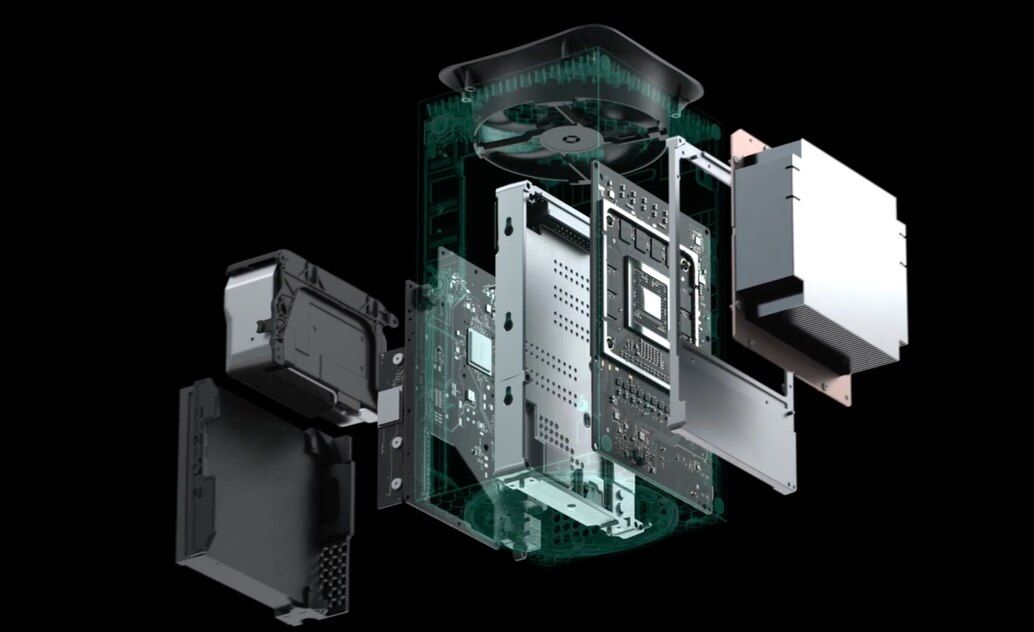
A shift in architecture is typically a problem unless emulation is considered all through development - like how the original PS3 had to include a PS2 chipset to run those games, plus a software emulation layer.
If Xbox is changing up their hardware for what they've been calling a plan for "delivering the largest technical leap you will have ever seen in a hardware generation" then that could be playing into all of this.
Apple Says Yes To Emulation
As captured first by The Verge, Apple seem to have jumped before they were pushed on the state of emulation on their platform.
Additionally, retro game console emulator apps can offer to download games. You are responsible for all such software offered in your app, including ensuring that such software complies with these Guidelines and all applicable laws.
Yes, you can now download an iOS compatible emulator directly from the App Store, in a sudden change of policy.
Which is great, and almost certainly not in any way a consequence of recent anti-emulator moves by folks like Nintendo.
Instead, as pointed out by The Verge, this is likely the result of two elements - the legal/regulatory pressure placed by a US antitrust lawsuit and the European Commission as well as the fact that when new competitor stores are available, the easiest thing in the world will be to offer Emulator downloads.
Because up until now, Apple didn't.
Of course, this is a victory for the power of regulators by default, directly benefitting audiences.
But it does leave a question open, as Apple explicitly point out your emulator has to be compliant with all applicable laws - and that the app owner is responsible for all software offered on the app.
When the IP holders come calling next time, how much of a fight will Apple put up?
Weekend Reading
8 years after it's release, Stardew Valley is still a powerhouse of a game.
Its pseudo-meta pitch of letting players get away from their lives and go get back to a pastoral lifestyle has entranced over 30 Million players, so Carli Velocii for Polygon has reflected on the game so far - and how unlike some titles of the era like Minecraft or Terraria, at it's core Stardew is still the same as it ever was.

I and many others went on to sink hundreds of hours into Stardew Valley — growing crops, romancing NPCs regardless of gender (a rarity in games like this at the time), smashing rocks for treasure, and uncovering all of the game’s many secrets. That’s a lot to do, which makes hitting triple-digit hour counts easy. However, what separated Stardew from the pack is that all of these tasks satisfyingly mesh with each other.
Nostalgia is often used to sell you on the latest product and brand with the latest AAA microtransactions - but sometimes it's more holistic than that. Videoverse is a hit indie game from 2023 that's implicitly about the early 2000 gaming and the way fans interacted - reflected through a Miiverse style communication system, that uses the nostalgia to tell a compelling story.
For Edge, Rachell Watts spoke to developer Lucy Blundell about how to make nostalgia feel meaningful:
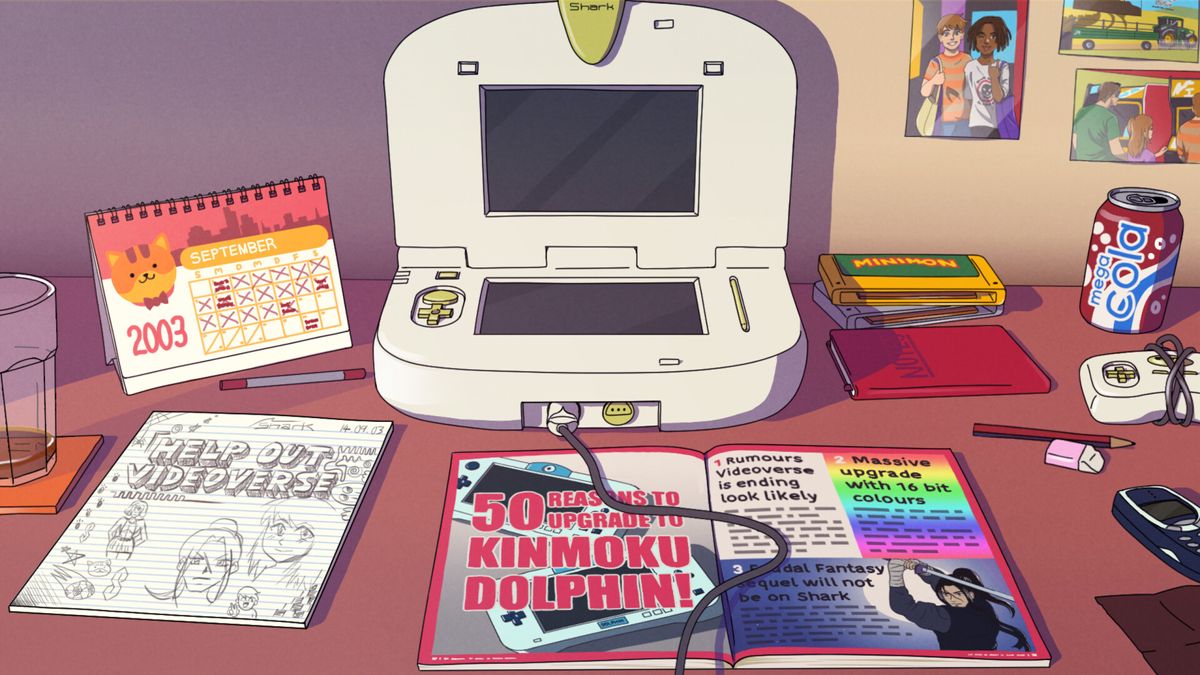
Almost as much as actually playing the things, an important part of loving videogames is often being part of the communities that grow up around them. Indeed, finding a way to discuss this shared passion with strangers plays a major part in many of our formative online experiences.
That might mean scrolling through social media or comment sections, or lurking on a forum or even – for those of us of a certain generation – a bulletin board.
While its story might take place in 2003, Videoverse speaks to a more universal experience by being set in its own digital world, one that exists separately but adjacent to all these real virtual spaces.





